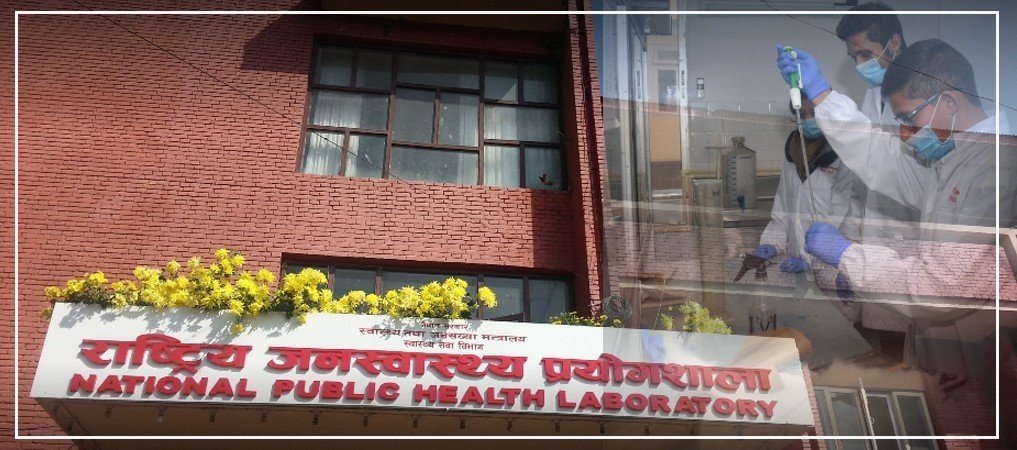South African study suggests Omicron less severe even for unvaccinated

JOHANNESBURG, Jan 15 (Reuters) - Unvaccinated people infected with the Omicron variant of coronavirus may be less prone to severe illness and require hospital care or dying than was the case with previous variants, a South African study showed.
The study, by the National Institute of Communicable Diseases (NICD) in the Western Cape region, which has not yet been peer-reviewed, concluded compared about 11,600 patients from the first three COVID-19 waves with about 5,100 from the Omicron-driven wave that began in November.
Omicron globally has tended to cause less severe disease, and proportionally fewer hospital admissions and deaths, than previous variants.
Scientists are trying to determine the extent to which this is because of higher immunity rates engendered by vaccination or past illness, or Omicron is intrinsically less nasty.
The study concluded that about a quarter of the reduced risk of severe disease with Omicron was attributable to characteristics of the virus itself.
"In the Omicron-driven wave, severe COVID-19 outcomes were reduced mostly due to protection conferred by prior infection and/or vaccination, but intrinsically reduced virulence may account for an approximately 25% reduced risk of severe hospitalisation or death compared to Delta," the study said.
Recent News

Do not make expressions casting dout on election: EC
14 Apr, 2022
CM Bhatta says may New Year 2079 BS inspire positive thinking
14 Apr, 2022
Three new cases, 44 recoveries in 24 hours
14 Apr, 2022
689 climbers of 84 teams so far acquire permits for climbing various peaks this spring season
14 Apr, 2022
How the rising cost of living crisis is impacting Nepal
14 Apr, 2022
US military confirms an interstellar meteor collided with Earth
14 Apr, 2022
Valneva Covid vaccine approved for use in UK
14 Apr, 2022
Chair Prachanda highlights need of unity among Maoist, Communist forces
14 Apr, 2022
Ranbir Kapoor and Alia Bhatt: Bollywood toasts star couple on wedding
14 Apr, 2022
President Bhandari confers decorations (Photo Feature)
14 Apr, 2022











